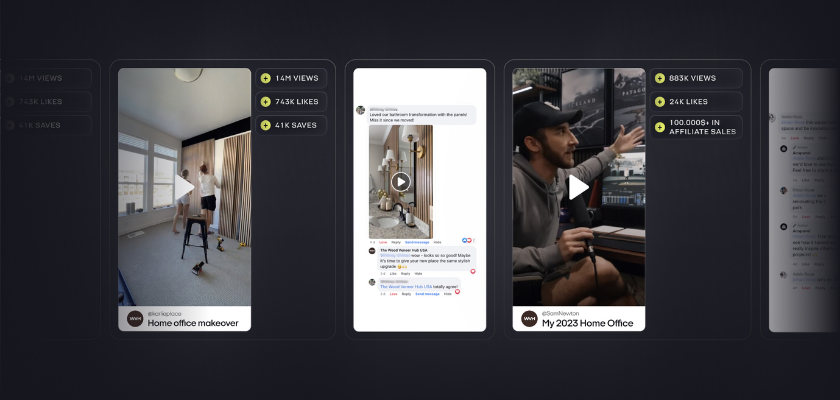How to Talk to a Real Human at the IRS Without Waiting on Hold Forever
Yes, it is possible to get help from an actual person—if you know how.


Credit: Rob Crandall/Shutterstock
Not all questions can be answered by a computer—especially when it comes to your taxes. This year, the IRS announced it will be extending hours of service in nearly 250 Taxpayer Assistance Centers (TACs) across the country, providing additional help to people who need it. It will also be working to continue improvements on its phone service, as well as expanding online tools. Still, anyone who has tried calling the IRS knows it can seem impossible to get a real human to take your call. The IRS expects more than 146 million individual tax returns for 2023 to be filed this season, which has a deadline of April 15, 2024. That's a lot of taxpayers on hold. And sometimes you need to talk to a real person. Here’s how you can reach someone quickly.
How long will you have to wait to talk to someone at the IRS?
Most callers either get frustrated with the long waits or fed up with the complicated phone tree that only leads from one automated message to another, so they simply hang up. If you do stick it out, the IRS claims this year's wait times average just four minutes. Some phone lines may have longer wait times. That's a significant improvement from the 27-minute average from the past few years.
The IRS also says the longest waits typically fall on Mondays and Tuesdays. Back in 2017, a large enQ, Inc. study found that the best times of day to call were before 9 a.m. on the East Coast and after 5 p.m. on the West Coast.
What to do before you call the IRS
The IRS recommends checking its online resources before calling. It has a list of common issues that might answer your question about your tax return, payments, or identity theft concerns.
How to reach an actual person at the IRS
To speak with someone at the IRS, you have to call, navigate through a menu, and eventually get routed to find an agent if one is available.
The IRS telephone number is 1-800-829-1040, and is available from 7 a.m.–7 p.m. local time, Monday through Friday. Accountant Amy Northard offers this cheat sheet for navigating the IRS phone menu on her blog:
The first question the automated system will ask you is to choose your language. Once you’ve set your language, don’t choose Option 1 (regarding refund info). Press 2 for “For answers about you personal income taxes...” instead.
Next, press 1 for “For questions about form you have already submitted...” Next, press 3 “for all other questions.”
Next, press 2 “for all other questions.” When the system asks you to enter your SSN or EIN to access your account information, don’t enter anything. After it asks twice, you will be prompted with another menu.
Next, press 2 for “personal or individual tax related questions."
Finally, press 4 for all other inquiries. The system should then transfer you to an agent.
Make sure you’re prepared before you call the IRS with questions
Before you call, make sure you’ve gathered everything you might need while taking with the agent. The IRS recommends having the following items ready:
Social Security numbers (SSN) and birth dates
Individual Taxpayer Identification Number (ITIN) for taxpayers without a Social Security number
Filing status (single, head of household, married filing joint, or married filing separate)
Prior-year tax return
Tax return you’re calling about
Any correspondence the IRS sent to you
What to do if you can’t get in touch with anyone at the IRS
If you live near a local IRS office, you may want to skip the main phone line and call it directly. They probably can’t answer your questions by phone, but your Taxpayer Assistance Center (see the state-by-state directory here) can schedule an appointment.
If you’re still having a hard time getting help from a real live person, try contacting the Taxpayer Advocate Service. It’s an independent office within the IRS that exists to help people with their ongoing tax issues.

 UsenB
UsenB 
































